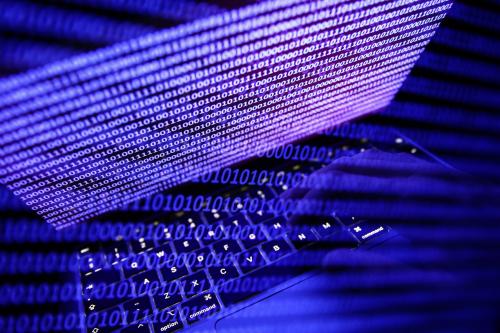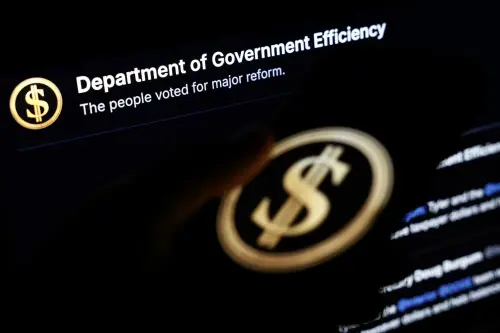Editor’s note: In an interview with NPR’s Celeste Headlee, Peter Singer argues that outgoing Defense Secretary Leon Panetta announced that the military will award a new medal to recognize exceptional accomplishments in areas including drone and cyber warfare. Read an excerpt below.
Celeste Headlee: What is different about this medal from other military medals?
Peter Singer: Oh, it’s an odd sort of medal, in that the very description of it, the official description says that it, quote, “may not be awarded for valor in combat under any circumstances,” which we’ve never seen happen in a medal before. Essentially, the idea is that it’s to recognize accomplishments that are exceptional and outstanding, but not bounded in any geographic or chronologic manner – that is, it’s not taking place in the combat zone. And so, essentially, it’s recognizing that people can now do extraordinary things because of the new technologies that we’re using in war, drones and cyber, but that the system wasn’t prepared to recognize them.
Headlee: But, you know, explain for me exactly how – when a person distinguishes themselves if they’re a drone pilot, for example. I mean, how do you go above and beyond if you’re sitting at a computer, piloting a drone?
Singer: Well, you’re putting your finger on one of the controversies that surrounds this, and that’s what a lot of the spin around has been. But let’s use the case of the mission that got the leader of al-Qaida in Iraq, Zarqawi. So there was a team of unmanned aerial systems, drone operators, that tracked him down. It was over 600 hours of mission operational work that finally pinpointed him. They put the laser target on the compound that he was in, this terrorist leader, and then an F-16 pilot flew six minutes, facing no enemy fire, and dropped a bomb – a computer-guided bomb – on that laser. Now, who do you think got the Distinguished Flying Cross?
Headlee: Whoa. The…
Singer: The people who spent 600 hours, or the six-minute pilot? And so that’s really what we’re getting at. Actually, the drone operators, in that case, they didn’t get the medal, but they did get a nice thank-you note from a general. This is a true story, here.
So, essentially, you know, what we’re hitting at is, one, you have this growing portion of the military that’s engaged in these kind of operations. It’s important to the future of the military. But at the same time, the system wasn’t set up to recognize some of their accomplishments. But the other thing that’s playing out here – and it’s what I went into in the piece – is that we have to recognize that technology has always changed what we think of as heroism.
So, you know, when the first guns came out in the 1400s, there was a nobleman back there who, you know, essentially said: Anyone who uses a gun is a coward. We’ve change our notion of that. Or there’s a great saying from a – in World War I where this French general was complaining that three men with a machinegun can defeat a battalion of heroes. I mean, we’ve seen this play out. We’ve seen the story play out before. It doesn’t make it something, you know, that we should celebrate or be happy about. It’s just the cold, hard reality of war, is that technology continually reshapes our notions of the values that we look for in it.
The Brookings Institution is committed to quality, independence, and impact.
We are supported by a diverse array of funders. In line with our values and policies, each Brookings publication represents the sole views of its author(s).



Commentary
It’s Time To Recognize The Valor Of Cyber Warriors
February 19, 2013